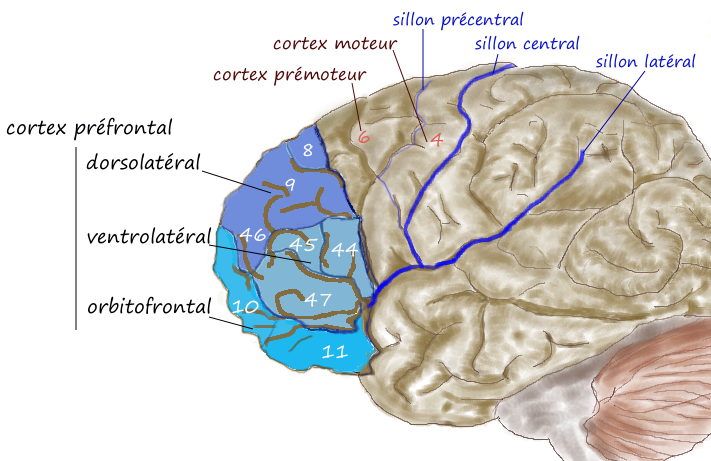Ignorance is a choice despite the ‘thirst for knowledge’ is a basic human instinct. People spend a significant amount of time seeking and consuming information. This quest for knowledge is central both to our modern economy and to our evolutionarily old drive to learn. Psychologist believes that humans and animals are endowed with curiosity because information can help make better decisions to get rewards and avoid harm.
University College London (UCL) psychologists have discovered our brains may use the same algorithm and the connections to evaluate the opportunity to gain information, and the evaluation of rewards.
The orbitofrontal cortex (OFC), the mesolimbic pathway and dopamine have a role in ignorance and a general preference for knowledge.

Orbital frontal cortex

Mesolimbic dopamine pathway
The researchers found that the brain’s reward circuitry selectively treats the opportunity to gain knowledge about future favorable outcomes, but not unfavorable outcomes, as a reward in and of itself, explaining why knowledge may not always be preferred.
In the study participants were asked whether they wanted to receive information or remain ignorant about the outcome of lotteries. The choices was a mixture of favorable (high probability of winning) or unfavorable (high probability of losing) odds. The brains activity of the participants were scanned while they were performing the task.
The researchers found that activity in the brain’s reward system response to the opportunity to receive information about good lotteries, but not about bad lotteries.
Researcher said that the findings may help explain why people are more likely to check their bank accounts when they believe their value has gone up and less likely to do so when they suspect it has gone down.
Lead researcher Dr Caroline Charpentier, indicate that the findings are consistent with the theory that beliefs have utility in and of themselves. This means believing that something will happen has the power to affect us in positive and negative ways, similar to how actual events affect us.
References: